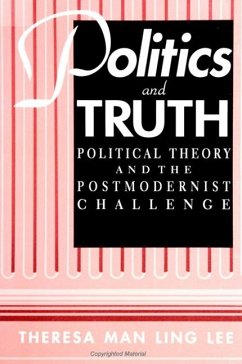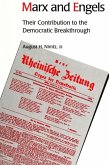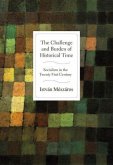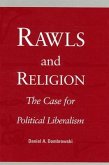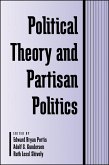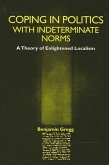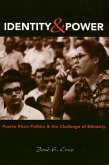The concept of truth is as contested in late-twentieth-century politics as it was in the Cold War era. The political momentum gathered by the postmodernist challenge to Enlightenment ideals has made the notion of truth more central than ever in politics. Postmodernism maintains that the philosophical validation of ideas by way of truth is intrinsically linked to the legitimation of power. Having liberated truth from Truth, postmodernism has become the basis of radical politics in the West through its assertion that an anti-foundationalist notion of truth and a non-essentialist conception of the self is central to democratic politics. In this political context Lee considers a series of related questions. Why does it matter politically how truth is validated? Does the claim to having truth necessarily imply a certain claim to authority by those who possess truth? Is truth therefore power? Is a foundationalist notion of truth anti-democratic by implication? Is a contextualist notion necessarily democratic, as the postmodernists suggest? Politics and Truth examines the treatment of these problems in the work of an unusual line-up of thinkers, ranging from Plato and Thomas Hobbes to Max Weber, Michel Foucault, and Hannah Arendt. Lee argues that these disparate thinkers can be usefully juxtaposed to account for the revolt of late-twentieth-century radical politics against the Western philosophical tradition. The book concludes with a consideration of ideology in post-Mao China that shows the elusive if not illusory openness of contextualism.

